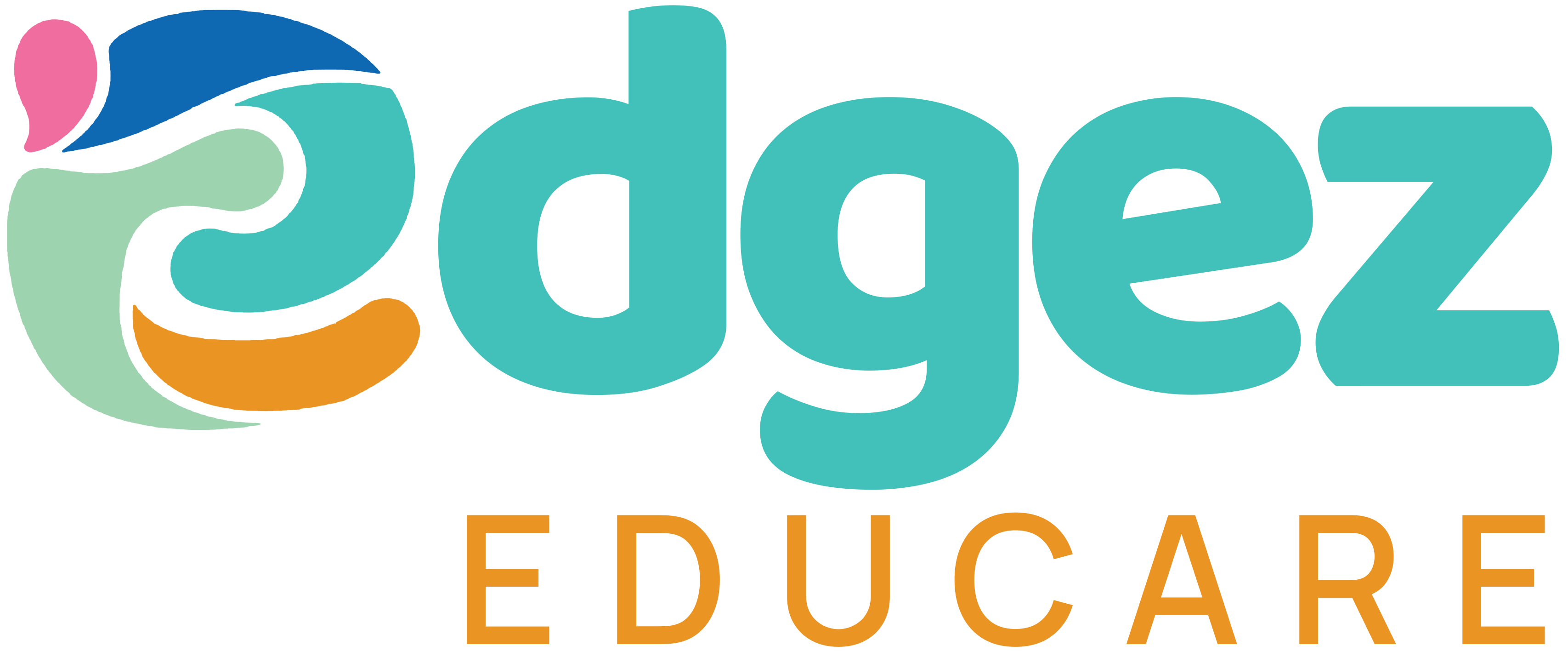The Modern Classroom: Balancing Progress with Values
- Dr. Pinaze S Mitra
- Feb 9
- 3 min read

As we stand at the intersection of rapid technological advancement and traditional educational values, it's crucial to examine how our school systems are evolving - and in some cases, devolving. The contemporary classroom presents a fascinating paradox: while our teaching methodologies and tools have become increasingly sophisticated, we're witnessing a concerning erosion of fundamental educational values that have historically been the backbone of meaningful learning.
The integration of artificial intelligence and digital tools has revolutionized how we approach teaching and learning. Modern classrooms are equipped with smart boards, tablets, and AI-powered learning platforms that can personalize education for each student. These advancements have made education more accessible, interactive, and engaging than ever before. Teachers now have unprecedented access to resources that can help them create dynamic learning experiences and track student progress with remarkable precision.
However, this technological renaissance, while impressive, has inadvertently contributed to shifting focus away from some crucial aspects of education that technology alone cannot address.
As we embrace these new teaching methodologies, we're observing a subtle but significant decline in certain fundamental values that have traditionally been cornerstones of education. The emphasis on rapid information delivery and measurable outcomes has sometimes overshadowed the development of character, emotional intelligence, and ethical decision-making abilities in students. Several factors contribute to this value vacuum:
First, the pressure to achieve academic excellence and meet standardized testing requirements often leaves little room for meaningful discussions about ethics, character development, and social responsibility. Schools find themselves racing against time to cover prescribed syllabi, leaving limited opportunities for the kind of deep, reflective conversations that foster value-based learning.
Second, the increasing reliance on digital communication has impacted the quality of human interactions within the classroom. While technology facilitates quick and efficient communication, it sometimes comes at the cost of authentic human connection and empathy development.
Third, the commercialization of education has led to a mindset where academic achievements are often prioritized over holistic development. This shift has sometimes resulted in viewing education primarily through the lens of career preparation rather than character formation.
Bridging the Gap
The solution lies not in rejecting technological progress but in finding ways to harmonize modern teaching methods with timeless educational values. This integration requires conscious effort from all stakeholders in the educational ecosystem. Teacher training programs need to evolve to address this gap. Beyond technical skills and pedagogical knowledge, educators need support in understanding how to integrate value-based teaching into their daily classroom practices. This includes training in creating emotionally supportive learning environments, fostering ethical decision-making skills, and building strong teacher-student relationships in an increasingly digital world.
Values education shouldn't be treated as a separate subject but integrated seamlessly into the existing curriculum. Whether it's a mathematics lesson or a literature class, opportunities exist to discuss and demonstrate values like honesty, responsibility, and respect. This integration helps students understand that values are not abstract concepts but practical tools for navigating life's challenges. Schools need to strengthen their ties with the broader community to create a more comprehensive support system for value-based education. This includes engaging parents, local community leaders, and other stakeholders in meaningful dialogues about balancing academic excellence with character development.
The Way Forward
As we look to the future, it's essential to remember that the purpose of education extends beyond imparting knowledge and skills. True education should empower students not just to succeed professionally but to become ethical, compassionate, and responsible members of society. Technology and digital tools should be viewed as enablers rather than replacements for human interaction and value-based teaching. They should complement, not substitute, the fundamental human aspects of education. This requires a conscious effort to maintain balance - using technology to enhance learning while preserving the essential human elements that foster character development and ethical behavior. Educational institutions need to revisit their mission statements and ensure they reflect a commitment to both academic excellence and value-based education. This might mean restructuring schedules to allow time for meaningful discussions, implementing mentoring programs, and creating opportunities for students to engage in community service and character-building activities.
Conclusion
The evolution of teaching methodologies presents both opportunities and challenges for modern education. While we should embrace technological advancements that enhance learning experiences, we must be vigilant in preserving and promoting the fundamental values that shape character and citizenship. The solution lies not in lamenting the changes but in actively working to create an educational environment that harnesses the best of both worlds - modern teaching methods and timeless values. This requires commitment, creativity and collaboration from all stakeholders in the educational system. As we move forward, let's remember that the most effective education is one that not only prepares students for professional success but also equips them with the values and character traits they need to navigate life's challenges and contribute positively to society. The future of education depends on our ability to strike this crucial balance.

Comments